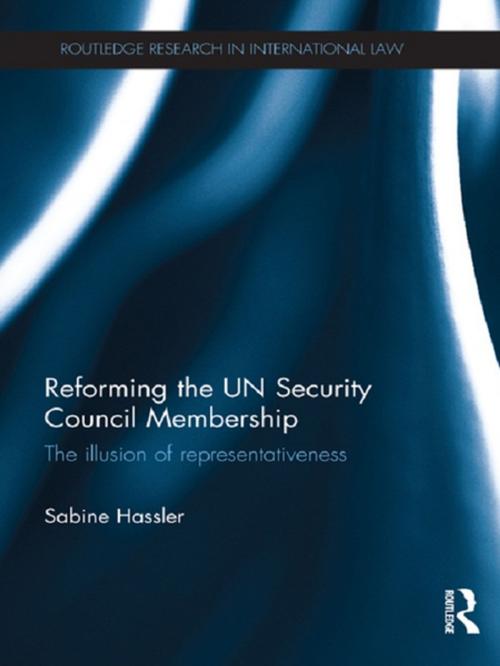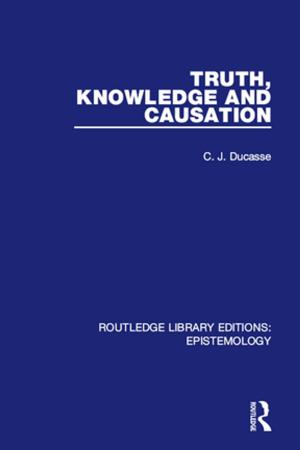Reforming the UN Security Council Membership
The illusion of representativeness
Nonfiction, Reference & Language, Law, International, Social & Cultural Studies, Political Science, International Relations| Author: | Sabine Hassler | ISBN: | 9781135137083 |
| Publisher: | Taylor and Francis | Publication: | December 12, 2012 |
| Imprint: | Routledge | Language: | English |
| Author: | Sabine Hassler |
| ISBN: | 9781135137083 |
| Publisher: | Taylor and Francis |
| Publication: | December 12, 2012 |
| Imprint: | Routledge |
| Language: | English |
This book comprehensively examines the different proposals put forward for reforming the UN Security Council by analysing their objectives and exploring whether the implementation of these proposals would actually create a representative and more effective Security Council. The book places the discussion on reform of Security Council membership in the context of the council’s primary responsibility, which is at the helm of the UN collective security system. The author contends that only a Council that is adequately representative of the UN membership can claim to legitimately act on the members’ behalf. This book offers an inquiry into the Council’s constitutional framework and how far that framework still reflects the expectations and intentions of the founding nations, whilst remaining flexible enough to satisfy today’s, and possibly tomorrow’s, membership. Through the use of policy-oriented jurisprudence and elements of the International Law/International Relations theory this book explores how reform can best be realised.
Reforming the UN Security Council Membership will be of particular interest to scholars and students of International Law and International Relations.
This book comprehensively examines the different proposals put forward for reforming the UN Security Council by analysing their objectives and exploring whether the implementation of these proposals would actually create a representative and more effective Security Council. The book places the discussion on reform of Security Council membership in the context of the council’s primary responsibility, which is at the helm of the UN collective security system. The author contends that only a Council that is adequately representative of the UN membership can claim to legitimately act on the members’ behalf. This book offers an inquiry into the Council’s constitutional framework and how far that framework still reflects the expectations and intentions of the founding nations, whilst remaining flexible enough to satisfy today’s, and possibly tomorrow’s, membership. Through the use of policy-oriented jurisprudence and elements of the International Law/International Relations theory this book explores how reform can best be realised.
Reforming the UN Security Council Membership will be of particular interest to scholars and students of International Law and International Relations.















